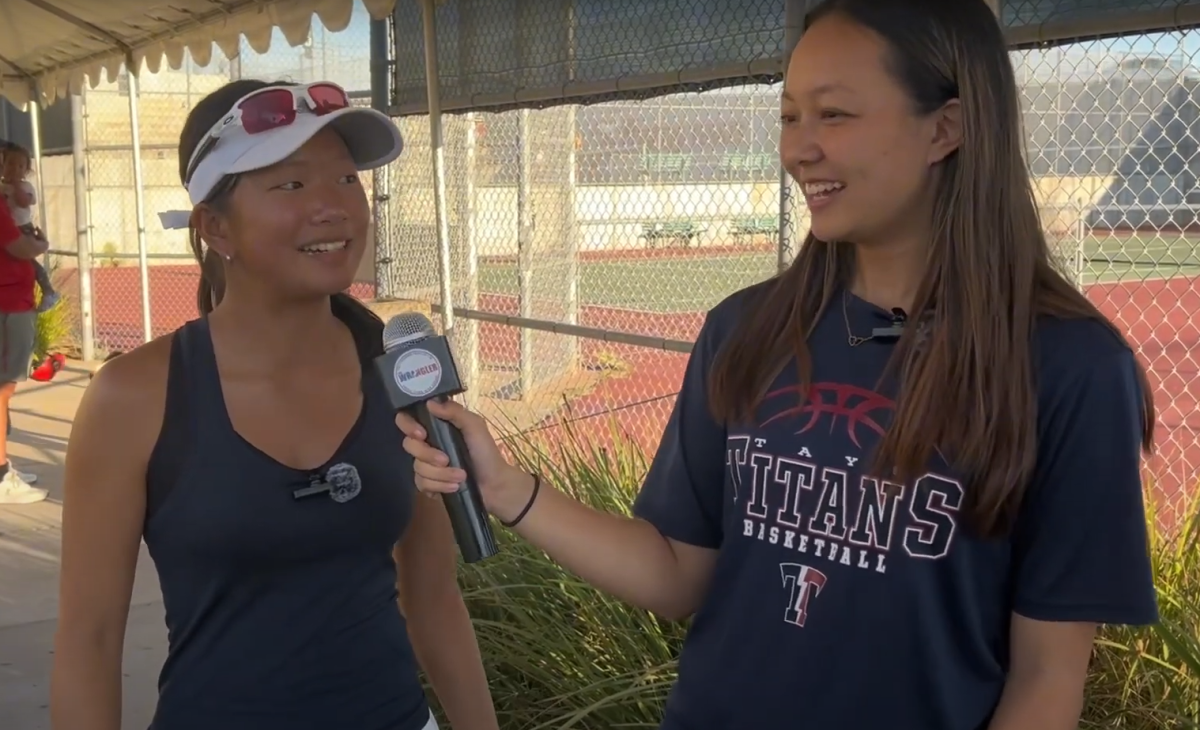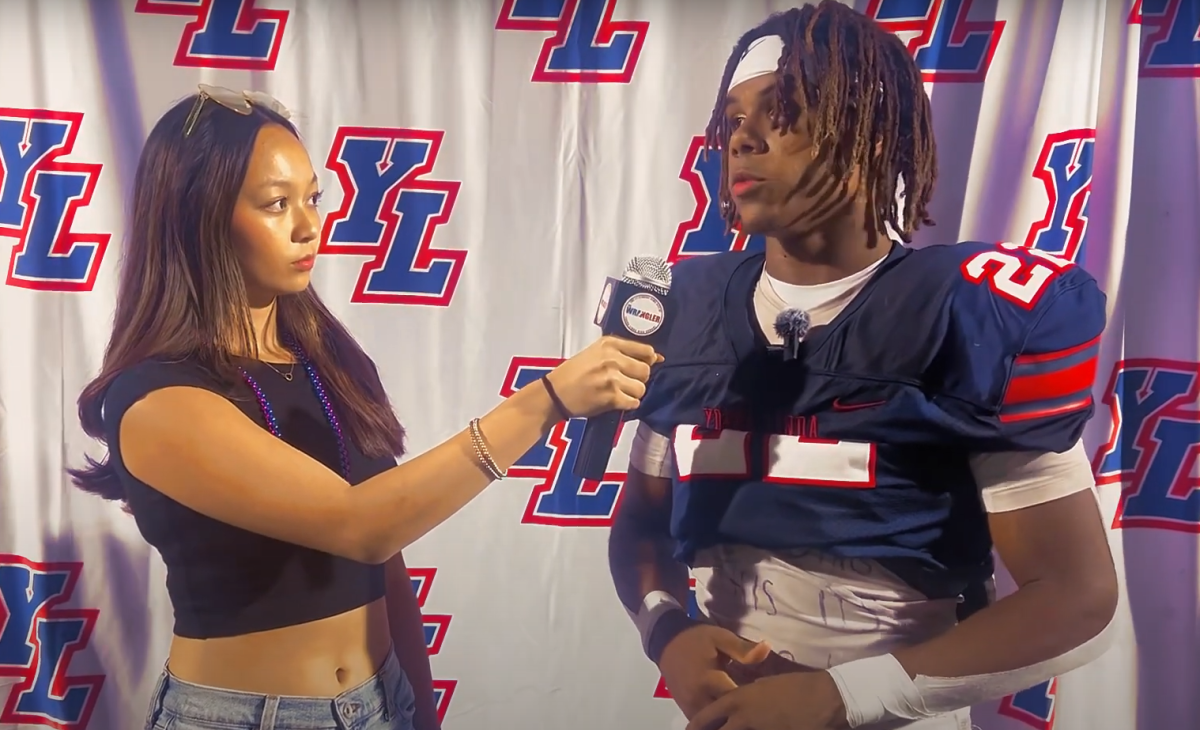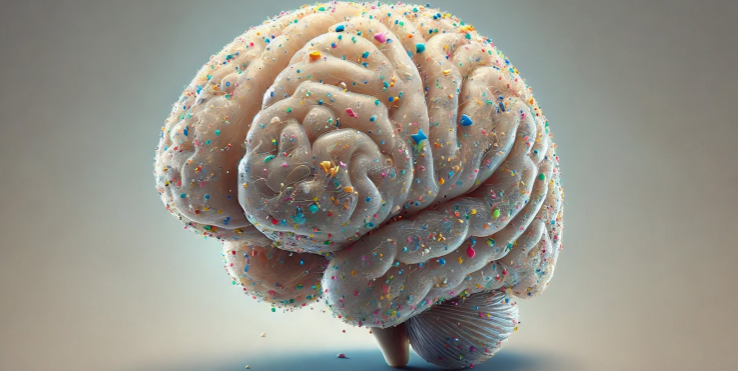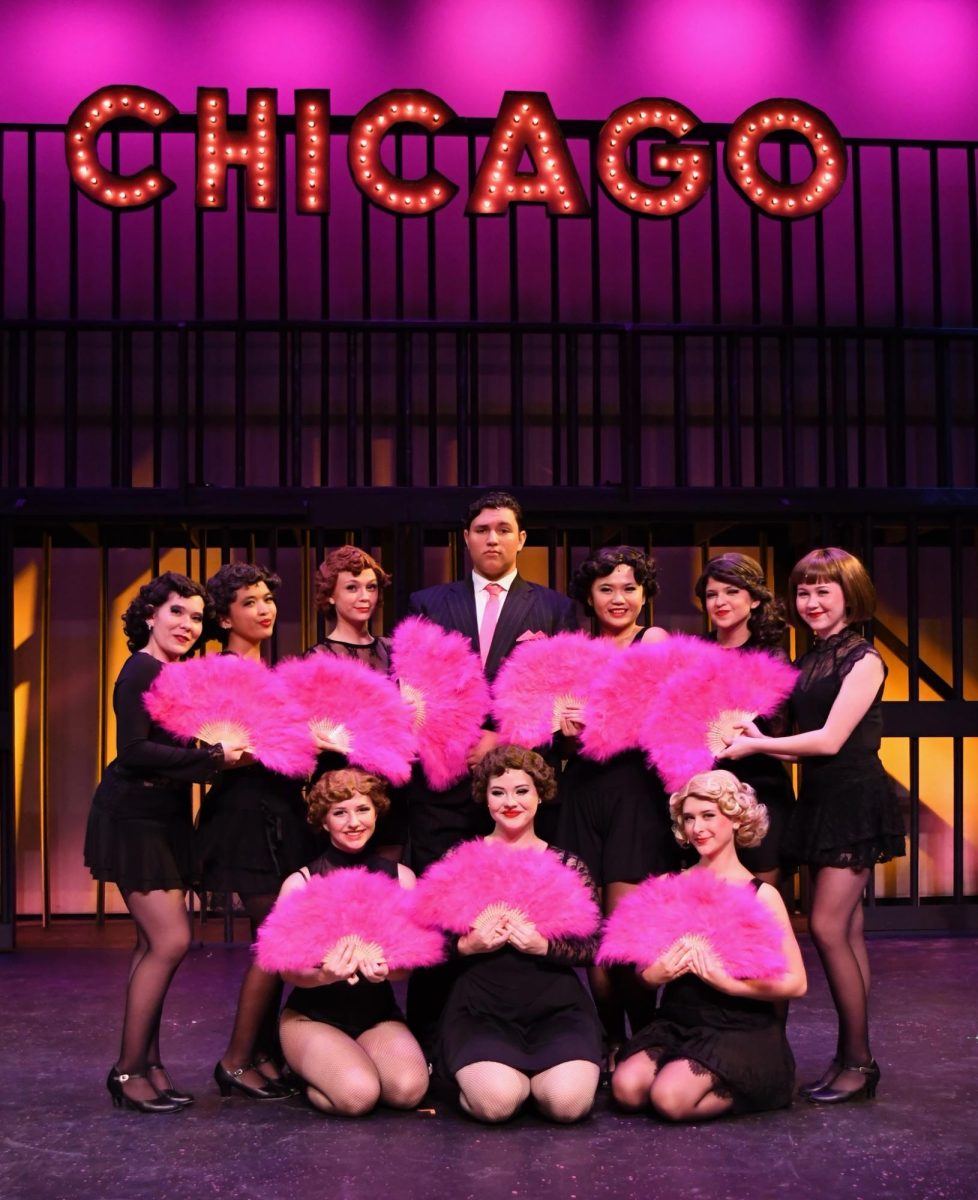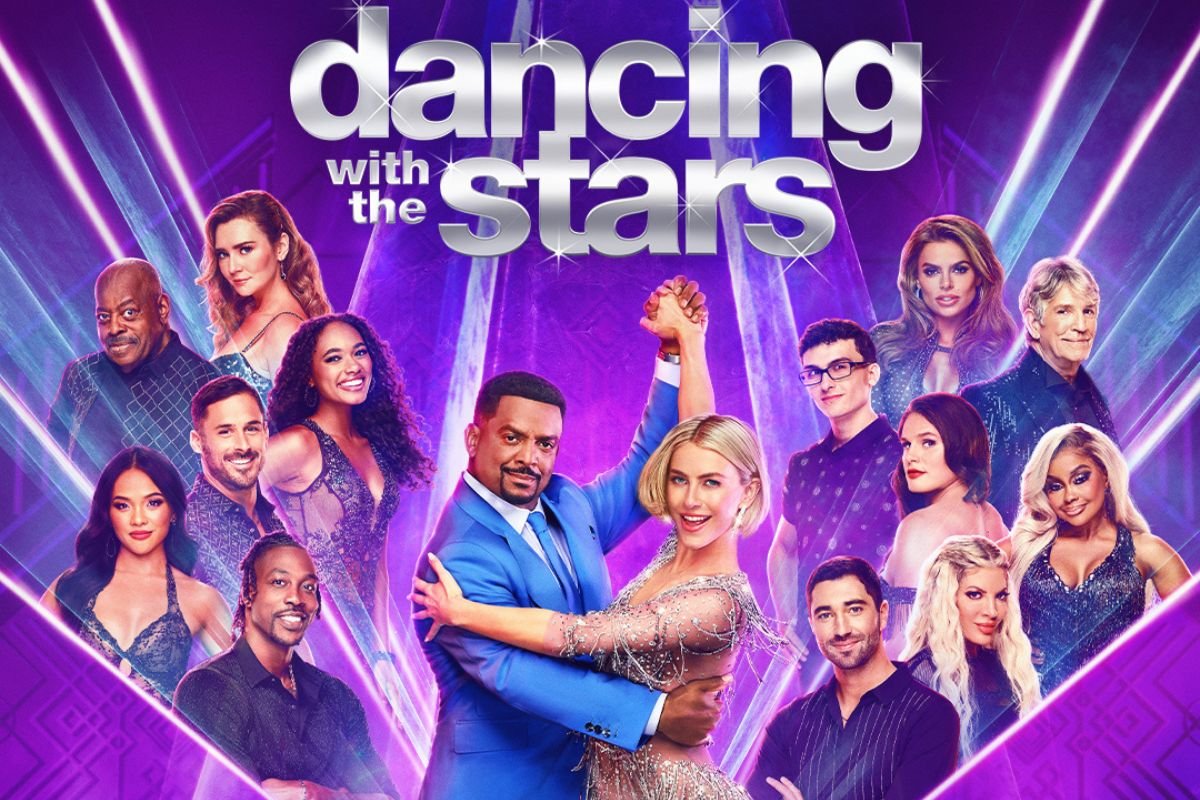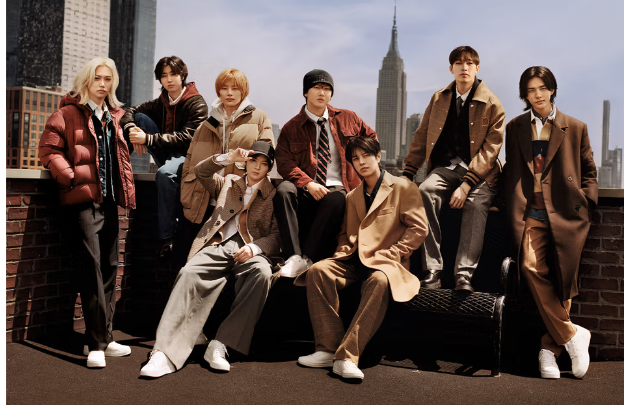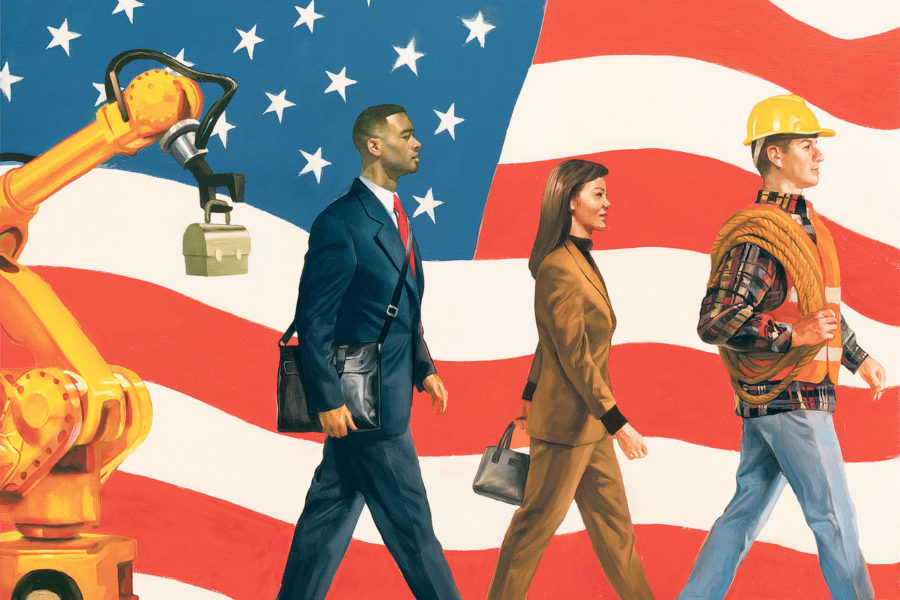The American Dream Still Exists, Now More than Ever
A visual representation of The American Dream with citizens from all walks of life having the opportunity to find success in any possible paths.
April 17, 2022
When one pictures the American Dream, an image of a rags-to-riches celebrity or business owner comes to mind. In fact, when James Truslow Adams coined the term in his 1931 novel, The Epic of America, the American Dream was depicted as possessing equal “opportunity for each according to ability or achievement” (Adams 36). In simple terms, the American Dream is the idea that in the U.S., the supposed Land of Opportunity, every citizen has the opportunity to find success through hard work and perseverance. Some of the most classic trademarks of American culture reflect this sentiment, from the fictional Jay Gatsby to the very-much-real Steve Jobs.
Clarifying the definition of the American Dream is the first step in debunking some of its recent skeptics. See, many Americans make a simple mistake when scrutinizing the American Dream–they confuse equality of opportunity with equality of outcome. Inherent advantages are just that, inherent. From the get-go, the playing field isn’t level; it never has been and never will be. If Americans wish to reap the rewards of such a system, they need to first understand that there are undeniable limitations to success, and there are innate advantages and disadvantages that every citizen possesses. The American Dream does not guarantee that everyone has the capability of becoming the next Steve Jobs, it simply promises some degree of success to those who work to the hardest of their ability.
Since there is no definitive definition of the American Dream, all one can do is personalize the term to the extent they see its presence in their personal life. In the 1950s, the American Dream lay in the pursuit of homeownership and the opportunity to start a family. In the 1980s, the dream was to work enough to obtain money, power, and status. In 2022, it seems as though the American Dream is a bit more complex, as many Americans doubt its very existence, claiming that the backbone of the American experience prohibits the pursuit of one’s American Dream.
Nowadays, it’s among the chief popular practices to condemn aspects of traditional American culture, and that sentiment has negatively influenced the public perception of the American Dream. Many doubt its very existence, claiming that “the American Dream is dead,” and that capitalism is to blame for the downfall of America. These naysayers like to blame the construction of American ideals for contemporary flaws. Every modern issue is caused by some sort of inherent American flaw, and those who believe in the persistence of American ideals are ignorant of its seemingly obvious flaws.
The foremost common characteristic in this company is indolence, as American Dream pessimists are often of the lowest class and youngest generation. This group, raised to believe in Postmates and seemingly never-ending government aid, has experienced a previously unheard-of level of convenience. When someone’s life is simply handed to them in a golden basket, there is no motivation for hard work, and there is no sense of that traditional American ingenuity. It is almost understandable that this group does not believe in promises of upward social mobility when all they’ve known is to accept what is given and to scrounge to find convenience, putting forth the most sparse amount of work.
Americans need to understand that the American Dream is theirs for the taking, and there is not some exclusive key to the level of American success that they wish to accomplish. As a society, we need to take stock and come to terms with the fact that “the game isn’t rigged,” and “hard work does pay off” (nytimes.com). Most countries in the world do not offer the generous social mobility options that America provides, and the pool of opportunity is never-ending. Alexandra Herrada (11), a passionate American who claims to be a product of the American Dream’s success, claims to be grateful for the “uncanny diversity of opportunity.” Her ideas represent the very crux of this debate. Rather than waste time condemning the flaws of an potentially flawed system, American citizens need to be thankful to live in a society where anyone—regardless of race, sex, or socioeconomic status—has the privilege to chase their dreams, and with just a little hard work and ingenuity, achieve them.





